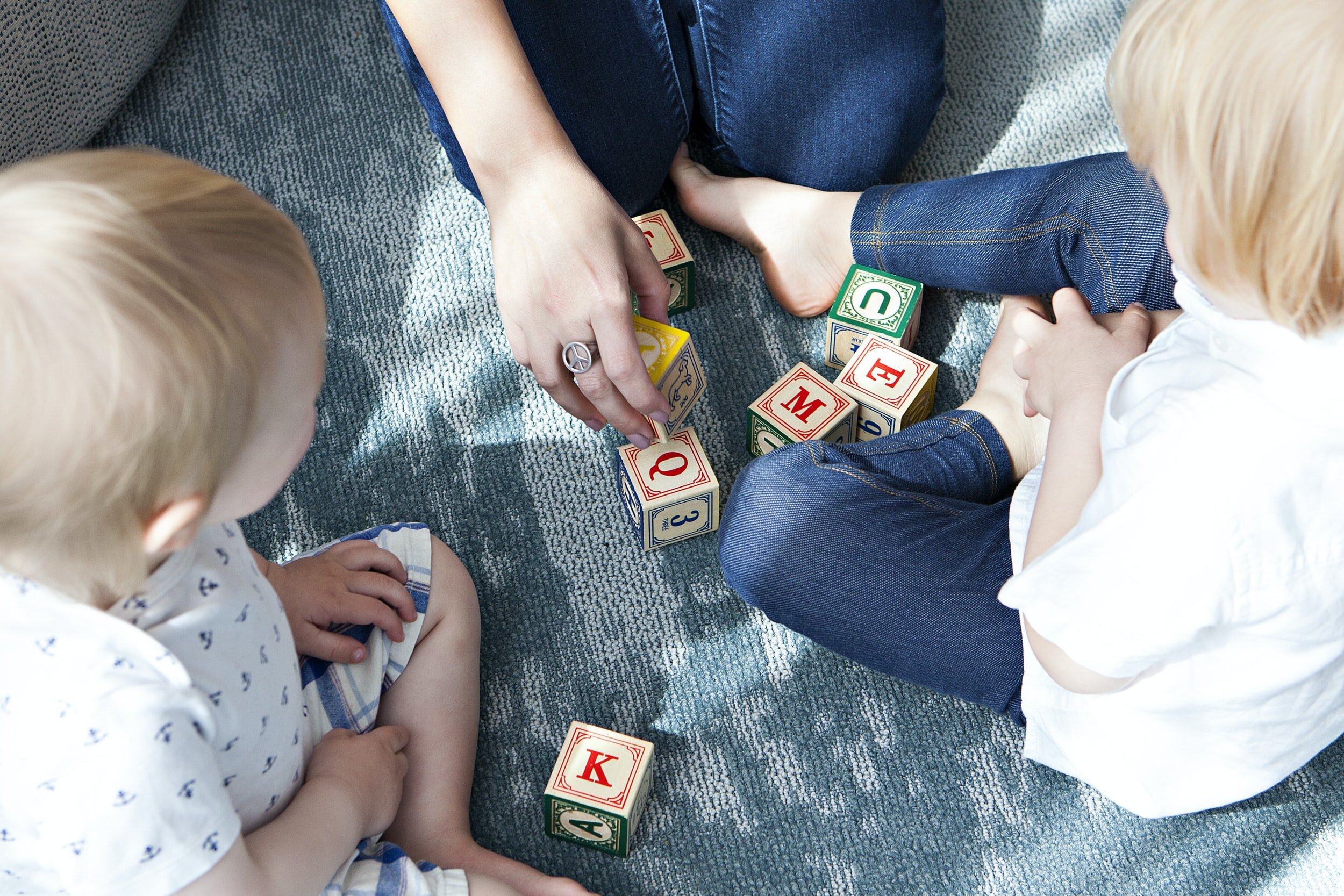About Speech Therapy and how to help at home
We wanted to find out how parents can help with speech and language skills at home and how to access speech and language therapy, so we spoke to Speech Therapist Michelle Baynham. Michelle works in Lincolnshire, UK and her website can be found at Speech Linc
With the UK in lockdown at the time of writing, we asked how parents can access therapy at the moment?
Speech and language therapists are health workers, so some will continue to work in NHS Services or will have been deployed to new NHS roles. There is still an NHS speech therapy service, in some areas parents can self-refer and generally within the UK you can ask for a referral from your GP. NHS therapists are providing telephone calls and where suitable teletherapy sessions.
Privately – independent speech and language therapists can be found on the aslltip website www.helpwithtalking.com Here all therapists are fully qualified and registered with the professional bodies*so you are in safe hands. You can search the website by postcode to find local therapists, but also by speciality/age – so from specialists for adult stroke survivors to toddler and early years therapists and even voice specialists.
Children learning through play
Changes due to the lockdown – all speech and language therapists are guided by professional bodies and must follow guidelines to ensure patient and therapist safety and to ensure their insurance policies are valid. Please be aware that if therapists say “no” to a home visit, it is often with a heavy heart but may also be totally out of their control.
Many therapists are offering Zoom, Microsoft Teams or similar for teletherapy sessions. Don’t be afraid to give them a try, if it doesn’t work it’s ok! Your therapist is just as wary of this too but you may be surprised at how engaged children can be in these sessions.
With face to face therapies being the “norm” we wanted to know, does online “teletherapy” work?
Michelle says that in the USA it is one of the main forms of provision and they can offer online sessions for up to 8 hours a day. The States are so large it is the only way that some therapists can see clients without losing time to travel. As the US has conducted therapy this way for a long time (pre-COVID) they have been instrumental in sharing their knowledge with others now that nearly all therapies must be done virtually. So yes, it does work. There might not be lots of research into it’s efficacy due to it not being form of practice here in the UK but therapists are seeing good results. In my opinion, it does work. It can really help parents too, they can learn new techniques and strategies and also see therapy in action to the direct benefit of their child.
With that in mind, how can parents get more involved and what can parents do at home to help with speech?
Remember you are with your child the most, so you are vital, but what you do everyday is a huge part of language development from teaching children concepts such as wet and dry at bath time, to a bedtime story for introducing new vocabulary and listening skills…it all plays a part.
Sometimes when children don’t talk very much the natural response is to talk less, this is where we can go wrong, these children need us to talk more. Not scripts and scripts of info, but modelling words over and over, saying phrases they might be able to echo e.g. “shoes on”; echoing back sounds they make to help them see how words and sounds go back and forth between two people, to always saying sounds correctly in words.
Play is vital, showing children how to use words and sounds in play is really important and where children learn the most. Don’t underestimate the value of sitting and playing with your child and always react to any form of communication. A child that physically gives you a toy without using any words is communicating the same as a child that says “play with me”.
Teach them new words, add an extra word to their words or sentences, follow their lead and have fun.
Therapists will happily provide tasks for you to do and there is a wealth of activities and ideas on the internet.
Child exploring through reading
What are some good games for speech and language development that parents can play at home?
Mm - this is tricky, depends on the child and their needs. Anything is good and can work, just make it really fun to do, be positive - go with what your child likes.
Action songs are a brilliant task as you can do lots with them - if the child isn’t talking yet then they can learn to copy the actions e.g. twinkle little star. opening and closing their hands to the word star.
If they are talking, teach them the song, then drop the word at the ends of songs and let them complete the phrase e.g. twinkle twinkle little …. this works on listening skills as well as words.
For listening skills, games like “Simon says”, treasure hunts to spoken clues and following practical instructions can all be done at home.
For speaking - games such as pig goes pop, snap, pairs, lotto boards, what’s wrong pictures / odd one outs / spot the difference. Adding pictures to describe in games helps too. Learning to match pictures, roll a dice, wait a turn are all really important things to learn besides the words.
To build vocabulary - scavenger hunts and Lego building can be fun and bonding activities.
Everything has language needs, just make it fun. There are some good resources on the Hanen website - how to develop words through play in water, sand, books, songs - there are handouts for parents too.


